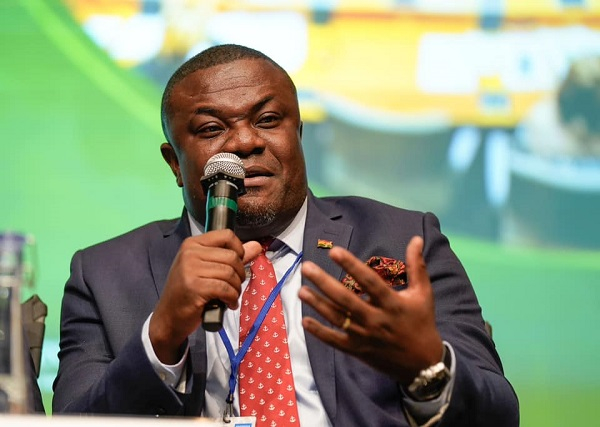Ghana's Green Hydrogen Revolution: A Vision for a Sustainable Energy Future
Key Ideas
- Deputy Energy Minister Collins Adomako-Mensah envisions green hydrogen revolutionizing Africa's renewable energy landscape and aiding emission reduction goals.
- Ghana targets 10% modern renewable energy by 2030, with ongoing solar projects like the 166MW capacity and plans for net-zero emissions by 2070.
- The Energy Transition Framework outlines goals for 83 gigawatts of installed power capacity by 2070, with over 70% of road vehicles expected to run on electricity and hydrogen by 2045.
- The P-Learn Centre at GCTU leads in green hydrogen technology research, emphasizing collaboration and innovation for a sustainable future.
Deputy Energy Minister Collins Adomako-Mensah of Ghana has presented a bold vision for green hydrogen to transform Africa's renewable energy sector and support the reduction of emissions. At a recent symposium in Ghana, he highlighted the nation's dedication to integrating green hydrogen into its energy framework. Ghana aims to achieve 10% modern renewable energy capacity by 2030, with projects like a 166MW solar capacity and plans for a 200MW solar park. The Energy Transition Framework sets a target for net-zero emissions by 2070, envisioning an installed power capacity of 83 gigawatts, of which 21 gigawatts will be from renewable sources. The framework also aims for more than 70% of road vehicles to be powered by electricity and hydrogen by 2045, with a complete transition for road and rail transport by 2070. This emphasis on hydrogen highlights its importance in Ghana's emerging hydrogen industry. The Deputy Minister praised the P-Learn Centre at the Ghana Communication Technology University for its contributions to green hydrogen research. The call for continued innovation and collaboration underscores the nation's commitment to a greener future.
Topics
Africa
Renewable Energy
Innovation
Sustainability
Electric Vehicles
Energy Transition
Research
Ghana
Symposium
Latest News
